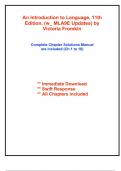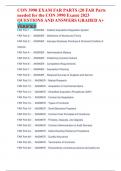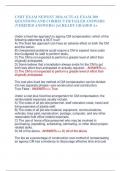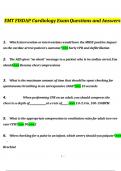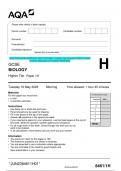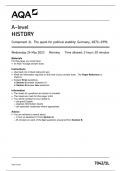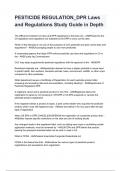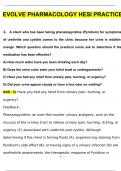Tentamen (uitwerkingen)
Solutions for An Introduction to Language, 11th Edition, (w_ MLA9E Updates) by Fromkin (All Chapters included)
- Vak
- Instelling
Complete Solutions Manual for An Introduction to Language, 11th Edition, (w_ MLA9E Updates) by Victoria Fromkin, Robert Rodman, Nina Hyams ; ISBN13: 9781337559577.....(Full Chapters are included and organized in reverse order from Chapter 10 to 1)...1. WHAT IS LANGUAGE? 2. MORPHOLOGY: THE WORDS OF...
[Meer zien]
